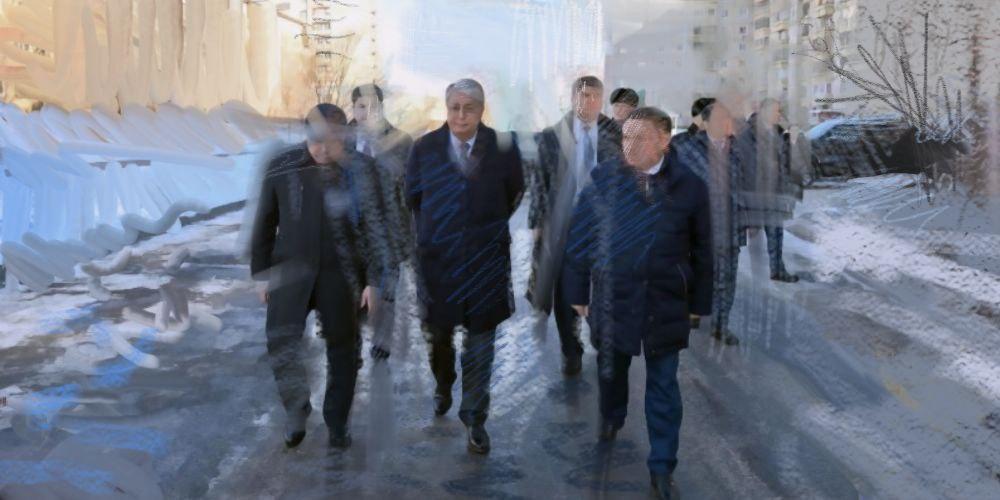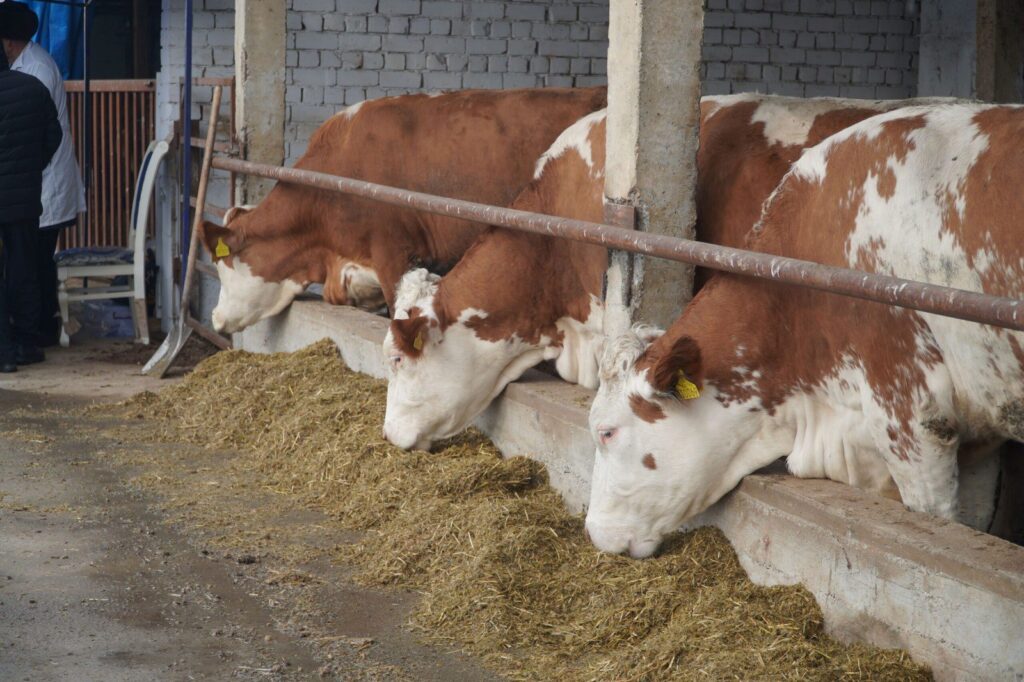President Kassym-Jomart Tokayev’s approval rating remains consistently high, as confirmed by multiple surveys. However, experts note challenges within Kazakhstan’s political landscape, including a lack of standout leaders and frequent staff turnover in government structures.
High Approval Ratings Linked to Economic Well-Being
In December 2024, the Social and Political Research Foundation “Strategy” released a survey showing President Tokayev’s approval rating at 80.4%. This marks an increase from December 2023, when the foundation reported a 76.4% approval rating. Other studies corroborate these findings; for instance, the Kazakhstan Institute for Strategic Studies found in July 2024 that 77.1% of Kazakhstanis trust the president.
Explaining the methodology behind these surveys, Gulmira Ileuova, head of the Strategy Foundation and a member of the advisory public organization, the National Kurultai, told the Times of Central Asia: “The question to respondents is framed as, ‘Do you approve of the activities of the president, parliament, and government?’ Of those surveyed, 80.4% chose ‘I approve/Somewhat approve.’ Additionally, a separate project showed trust in the president at 77%.”
Ileuova highlighted that Tokayev has faced numerous social, economic, and political challenges during his tenure. She noted a significant drop in his approval rating during December 2021, when the COVID-19 pandemic and quarantine restrictions were in effect. At that time, his approval rating fell to 40%. However, it rebounded in the subsequent years, reaching its highest level in 2024.
By comparison, the government and parliament lag in terms of public support, with approval ratings of 59% and 54%, respectively. Ileuova explained that such gaps between the president’s popularity and that of other branches of government were also characteristic during the presidency of Nursultan Nazarbayev, which ended in 2019.
The sustainability of these high ratings, she argued, hinges on the country’s economic performance. Historically, fluctuations in citizens’ well-being have had a direct impact on the approval ratings of political leaders.
Criticism and Public Perception
Despite the high ratings, Ileuova acknowledged skepticism toward her research. Critics often accuse survey organizations of bias, particularly those who inhabit what she describes as “information bubbles.”
“On social media, individuals often focus solely on content that aligns with their negative perception of the president or the country’s overall situation. For example, some claim the government failed to help flood victims. While isolated cases exist, most victims received aid, and houses were built for them. Of course, there are valid reasons for criticism, but there are also many achievements that benefit ordinary people,” she explained.
The connection between Tokayev’s approval rating and public living standards is evident. According to Strategy’s December 2024 survey, 29.6% of respondents described their financial situation as “good” or “very good,” while 15% rated theirs as “bad” or “very bad.” The majority – 52.8% – said their family’s financial situation is “average.”
The Challenge of Personnel Management
Experts point to difficulties in assessing President Tokayev’s personnel policies. While some figures – such as Mazhilis Speaker Yerlan Koshanov, Senate Speaker Maulen Ashimbayev, State Counselor Yerlan Karin, and Prime Minister Olzhas Bektenov – maintain steady approval ratings, the frequent reshuffling of senior officials has limited the political clout of individual leaders.
Other key figures, such as Foreign Minister Murat Nurtleu, Minister of Culture and Information Aida Balayeva, National Bank Chairman Timur Suleimenov, Astana Mayor Zhenis Kasymbek, and Almaty Mayor Yerbolat Dosayev, also receive positive evaluations. However, the constant rotation of personnel has diminished the accumulation of political weight and public recognition.
“In the second term of the presidency, authority is no longer the most important criterion for civil servants. The focus has shifted to efficiency and transparency. If there is no information about a civil servant’s activities, their public approval will be low. In general, the elite has become more bureaucratic, with less charisma and personalization. There are far fewer recognizable figures,” Ileuova observed.
President Tokayev’s approach, she added, emphasizes building a functional and competent bureaucratic apparatus rather than cultivating highly visible or charismatic figures. In an era of social media, where public opinion is often influenced by fast, emotionally charged, and factually unsupported information, some officials deliberately limit their public exposure to avoid controversy.
While President Tokayev enjoys strong approval ratings, they remain closely tied to the economic well-being of Kazakhstan’s citizens. The lack of highly visible political figures and ongoing staff turnover reflect a shift in governance priorities, focusing on bureaucratic efficiency over personalization. As Kazakhstan navigates its political and economic challenges, the durability of Tokayev’s popularity will likely depend on how well the government addresses citizens’ needs and expectations.








